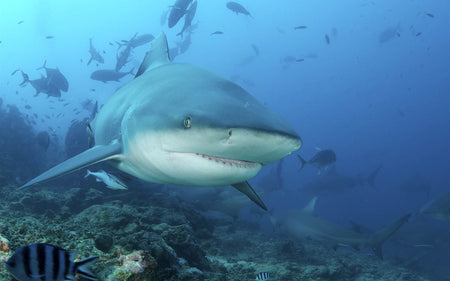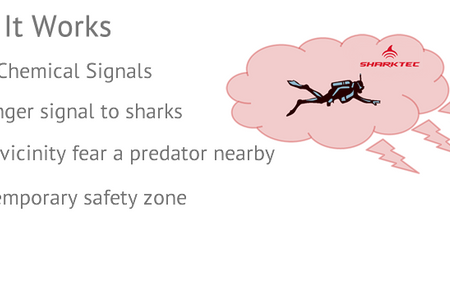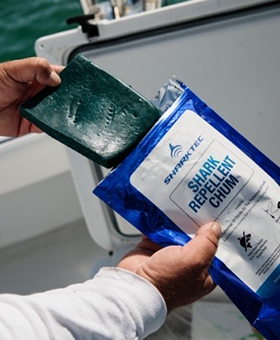How to survive an encounter with the most abundant & aggressive shark family
The Requiem shark family consists of over 54 species and contains some of the most abundant sharks in the ocean. More importantly, Requiem sharks are known to be aggressive hunters and can be found even in freshwater. The bull shark has been found up the Mississippi River as far north as Illinois and even 2,500 miles up the Amazon. The Bull shark exemplifies the aggressive hunting nature of Requiem sharks through a broad diet and has been reported to feed even on Hippos in Mozambique. Interestingly, Bull sharks have a particular method of hunting that may give advanced warning before delivering a fatal bite. Bull sharks typically will bump a potential prey with their snout as a way of investigating the prey before biting. Similarly, other sharks are known to display curiosity while investigating unknown objects to determine if it is prey. In fact, most shark attacks are actually “test...
Shark Conservation Efforts
The passion for saving sharks and other marine life have been the driving motivational force for our scientist partners in their 10+ years of research and development in finding envrionmentally safe shark repellent technologies.
In particular, our partner scientists have used the semiochemicals present in our products in a government grant to reduce shark by-catch by 71% during field trials. Based on the sucess of this study, which was reported to Congress last year, scientists have estimated that if our semiochemicals are applied globally then 4,258,080 – 8,279,600 sharks a year will be saved. The actual report can be found at http://www.nmfs.noaa.gov/by_catch/docs/brep_2014_rice.pdf
However, this is just one of many government grants and field studies that our partners have gone through over the years. Their track record is commendable and SharkTec hopes to help make estimates such as the above number, a reality in stopping the unnecessary killing of millions of sharks a year.
04
February
Overview of the scientific publication representing 5 years of testing
The full Ocean and Costal Management publication can be found here Study Overview Product chemicals produced from putrefied shark tissue was evaluated over a five-year period in South Bimini, Bahamas. Competitively-feeding populations of Caribbean reef sharks and blacknose sharks were exposed to the chemicals using pressurized aerosol canisters at the surface. The number of sharks in the testing area were counted at the initial, 1 min and 5 min intervals after preliminary exposure along with continuous exposure of feeding stimulus. Study Breakdown Thirteen field tests conducted between 2005 and 2010 For all field tests, 100% of the sharks rapidly accelerated away from the repellent chemical plume within 1 min after product was released. With continuous bait and chum present, a limited number of sharks began to return after 10 min. Returning sharks were always Caribbean Reef sharks; blacknose sharks did not return after chemical exposure within this period. The returning Caribbean Reef...
Why SharkTec shark repellent spray targets the most powerful sense of sharks
Shark Repellent Spray Overview of how sharks hunt A shark’s sense of smell is the most important and powerful sense used in hunting. Sharks can detect blood and chemical odors from many miles away. Their ability to use sense to navigate towards these locations are more accurate than our GPS systems. Scientists note that sharks actually spend most of their time in deep-ocean instead of on the surface, which is primarily used to hunt. On the surface, sharks use their powerful sense of smell to locate and navigate towards potential prey miles away. Behavior of sharks exhibited near potential prey Sharks are typically curious in examining potential prey as taste is another important hunting sensory of sharks. Sharks will often bump into potential prey repeatedly while circling around or near them. In fact, sharks don't seek out humans as sources of food and many shark attacks occur from exploratory bites from sharks who...
07
November
See shark repellent spray in action during Sharkweek on the Discovery Channel
Shark Repellent Spray Coverage
See our shark repellent spray on the Discovery Channel during shark week on the link below. Visit our product page on Shark repellent devices to see the repellent used in this and in other videos including our shark repellent device being used by Mike Rowe, host of the Dirty Jobs show.
Shark Repellent link
Shark repellent spray video




